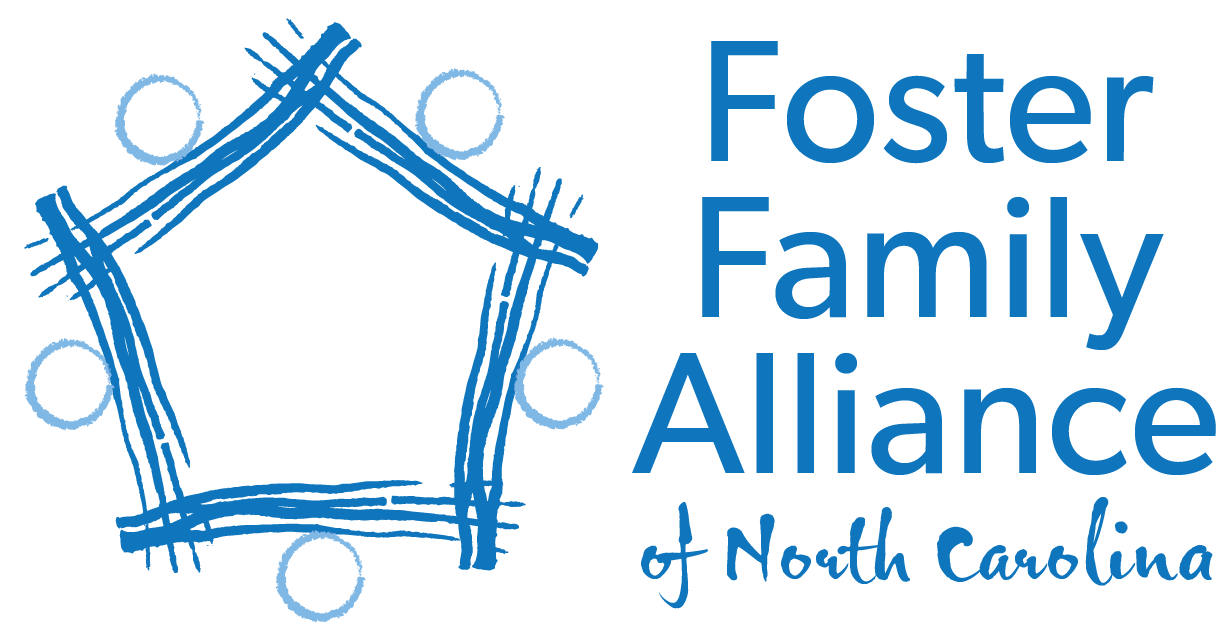Black youth age out of foster care, face homelessness
State & National
The Triangle Tribune Published Wednesday, March 19, 2025
By Freda Freeman, Correspondent
Mez Teague and his adoptive parents, Jerrie and Daniel Teague.
Daniel Mez Teague, 19, may have ended up on the streets if he hadn’t been adopted by his foster parents when he turned 18.
“Fifty percent become homeless after aging out. When you turn 18, you are essentially out on the street unless you have someone willing to keep you,” said Jerrie Teague, Mez’s adoptive mother.

